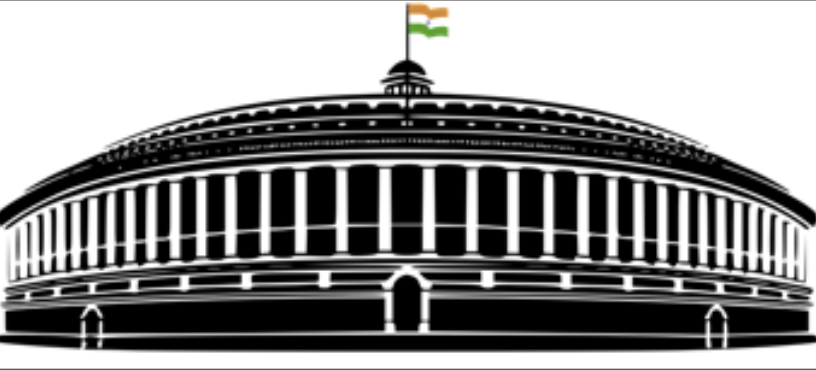Jan Vishwas (Amendment of Provisions) Bill 2022 introduced in Parliament
Jan Vishwas (Amendment of Provisions) Bill 2022 introduced in Parliament

Union Minister of Commerce and Industry Piyush Goyal has introduced the Jan Vishwas (Amendment of Provisions) Bill, 2022 in Lok Sabha to amend certain provisions for rationalising and decriminalising minor offences to enhance trust-based governance for ease of living and doing business.
We want that investors from across the globe and from India should get ‘red carpet’ instead of ‘red tape’ . We have improved our WB’s Ease of Doing Business ranking from 141 to 63.
Piyush Goyal
It proposes to amend 44 acts, few are
- Pharmacy Act 1948
- Agriculture Produce (Grading and Marketing) Act 1937
- Indian Forest Act 1927
- Public Debt Act, 1944
- The Indian Post Office Act 1898
- Drugs and Cosmetic Act, 1940
- Industrial (Development and Regulation) Act 1952
- Cinematography Act 1952
- Copyright Act 1957
- Environment Protection ACT 1986
- National Housing Bank Act 1987
- Motor Vehicle Act 1988
- Information Technology Act 2000
- Prevention of Money laundering Act 2002
- Food Safety and Standard Act 2006
- Factoring Regulations Act 2011
Significance of the Bill
In our country, there are many offences where minor mistakes can result in legal action and burden of the courts for individuals. An ordinary man or businessman leads an honest life and runs their business honestly.
The bill wants to ensure that for small mistakes, they do not have to go to the court and face penalty for minor offences. It will make India a more appealing investment destinations for foreign businesses.
The bill will save time, energy and resources by allowing individuals to resolve minor contraventions through various administrative and adjudication mechanisms, rather than going through regular court system.
The bill was later sent to 31 members Joint Parliamentary Committee which is expected to submit its report during 2nd part budget session in 2023.
Steps taken by Government to improve EODB
- Introduction of Insolvency and Bankruptcy Code
- Rationalising Labour laws
- Ranking of states based on their performance in EODB ranking
- Reducing citizen-state interface

No Comment! Be the first one.